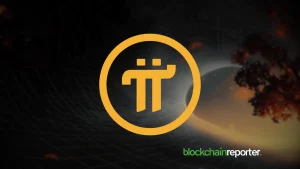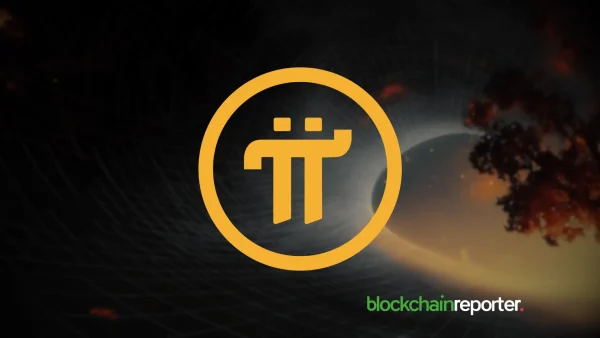
As the gavel of justice continues to echo in the halls of the U.S. legal system, Ripple Labs finds itself in a legal showdown of monumental proportions. The U.S. Securities and Exchange Commission (SEC), a watchdog of the financial domain, has put forth a staggering claim for fines and penalties against Ripple that could see figures reaching the $2 billion mark. Stuart Alderoty, the Chief Legal Officer of Ripple, broke this news, stirring the cryptocurrency community with a social media statement that hinted at a continued struggle for the blockchain-based company.
The Allegations and Ripple’s Counter
The genesis of this dispute lies in the SEC’s allegations that Ripple engaged in the illegal sale of unregistered securities, specifically referring to their cryptocurrency *XRP*. According to the SEC, Ripple’s actions constitute a serious infraction worthy of hefty financial repercussions. However, Ripple stands firm, replying to the SEC’s heavy-handed approach with a strategy of defiance and resilience. Ripple’s CEO Brad Garlinghouse, alongside co-founder Chris Larsen, has expressed staunch opposition to the SEC’s narrative and is preparing to fight back with full legal force in April.
Implications for the Crypto Industry
This case has drawn the rapt attention of onlookers from every corner of the cryptocurrency sector. The reason is clear: the outcome bears significant implications for how cryptocurrencies are viewed and regulated. The ruling by Judge Analisa Torres, which partially favored Ripple by excluding XRP sales on public exchanges from being classified as securities, has already been highlighted by other crypto entities facing SEC scrutiny, hoping to find solace in the precedent set.
The SEC, under the leadership of Gary Gensler, has been unrelenting in its stance, seemingly equating most cryptocurrencies with traditional securities. However, the industry rebuts, citing a misfit between age-old securities laws and the novel realm of digital assets.
Ripple’s Defiant Stance Against SEC’s Demands
Alderoty’s vocal criticisms reflect a broader sentiment in the crypto industry, weary of regulatory overreach and demanding a regulatory framework that understands and accommodates the unique nature of digital currencies. In the face of what Ripple terms as intimidation tactics, the company remains unshaken, preparing to lay down its arguments next month.
The legal tussle between Ripple and the SEC has spanned several years and isn’t showing signs of a swift resolution. With the sealed court papers expected to be unveiled with redactions, all eyes are on how Ripple will navigate the legal maze in the days to come.
A Call to Redefine Crypto Regulation
This conflict is more than just a courtroom drama; it’s a critical crossroads that could shape the future of cryptocurrency regulation. Ripple’s stance and the subsequent legal decisions could set a precedent, urging regulators to revisit and possibly rewrite the rules for a new digital financial era. Advocates for cryptocurrencies are watching closely, as the outcome could either stifle innovation with stringent regulations or foster a new wave of digital asset adoption.
Ripple’s Ripple Effect: A Turning Point for Crypto?
The Ripple case serves as a litmus test for the SEC’s reach in the burgeoning crypto world. The rulings thus far have shown that the one-size-fits-all approach to securities might not hold water in the dynamic crypto sphere. This battle is not just about Ripple but about the broader implications for the entire industry seeking clarity and fair regulation.
Ripple’s Resolve and the Road Ahead
As Ripple braces for its next legal bout, the crypto community stands at a precipice, awaiting a verdict that could have lasting effects on the landscape of digital finance. The road ahead is fraught with uncertainty, but one thing remains clear: Ripple’s case will be remembered as a defining moment in the journey toward balanced and progressive cryptocurrency regulation.









